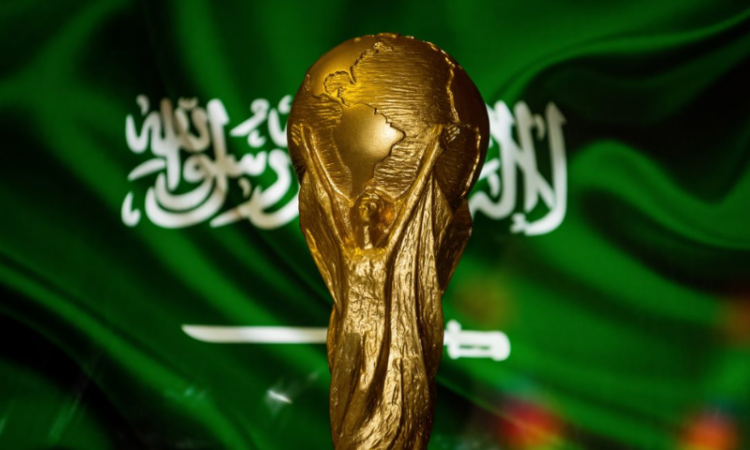Lausanne, December 11, 2024: FIFA is set to officially confirm Saudi Arabia as the host of the 2034 World Cup during a virtual FIFA Congress on Wednesday. Additionally, the 2030 World Cup will be awarded to a joint bid from Morocco, Spain, and Portugal, featuring celebratory matches in South America to mark the tournament’s centenary.
The decision to award Saudi Arabia the 2034 tournament comes without competition, as FIFA limited bids to Asia and Oceania based on its continental rotation principle. After Australia and Indonesia withdrew their interest last year, Saudi Arabia emerged as the sole candidate.
This marks a rapid return of the World Cup to the Gulf region, just 12 years after Qatar hosted the 2022 tournament. Saudi Arabia’s successful bid highlights the country’s growing prominence in global sports, already hosting events like Formula One, heavyweight boxing, LIV Golf, and the WTA Finals tennis tournament.
However, significant logistical challenges remain. Saudi Arabia currently has only two stadiums meeting FIFA’s minimum capacity of 40,000, far short of the 14 required. Additionally, the extreme summer heat might necessitate rescheduling the tournament to later in the year, as was done in Qatar. The overlap with Ramadan in December adds further complexity.
As with Qatar’s hosting of the 2022 World Cup, Saudi Arabia’s selection is likely to reignite debates about human rights issues, drawing scrutiny to the country’s treatment of women, migrant workers, and dissenting voices.
The 2030 World Cup will celebrate the tournament’s 100th anniversary, with a groundbreaking bid uniting three continents. Matches will be held in Morocco, Spain, and Portugal, with Uruguay, Argentina, and Paraguay hosting one game each to honor the tournament’s origins in South America.
This unprecedented arrangement reflects compromises made by various bidders. South America relinquished its full bid in exchange for hosting rights to three centenary games. Meanwhile, the joint bid by Spain, Portugal, and Morocco was solidified after Ukraine, initially part of the proposal, was quietly dropped.
Spain, which hosted the 1982 World Cup, will serve as the centerpiece of the 2030 tournament, offering 11 of the 20 proposed venues. Potential sites for the final include Madrid’s Santiago Bernabeu and Barcelona’s Camp Nou, undergoing extensive renovations.
Morocco, having failed in five previous attempts to host the World Cup, will finally become the second African nation to stage the tournament, following South Africa in 2010. A proposed Hassan II Stadium between Casablanca and Rabat is set to become the world’s largest, with a planned capacity of 115,000.
Portugal will contribute three stadiums, including two in Lisbon and one in Porto, and hopes to host a semi-final.
The unique 2030 tournament will require fans and teams to traverse continents, starting with games in South America during the southern hemisphere winter before moving to Europe and Africa for the remainder of the event. The final is scheduled for July 21, 2030.
For Saudi Arabia, the confirmation of its 2034 bid represents a crowning achievement in its sports diplomacy efforts, despite ongoing challenges and controversies.








